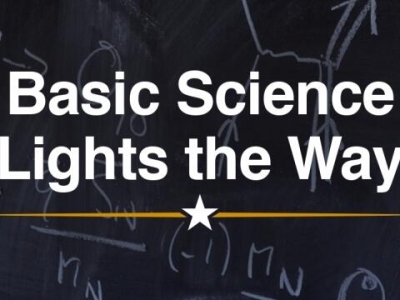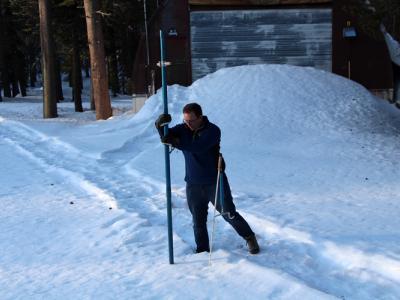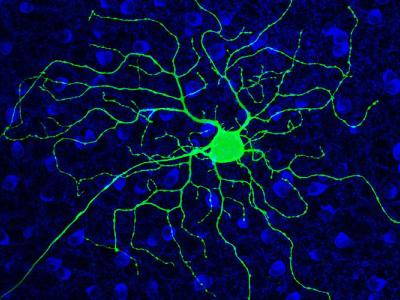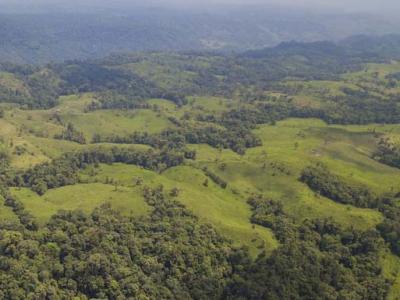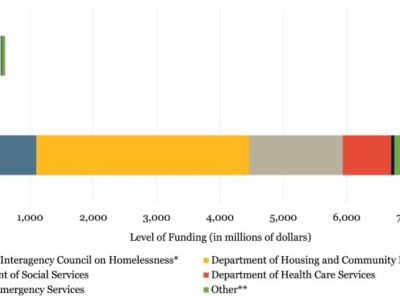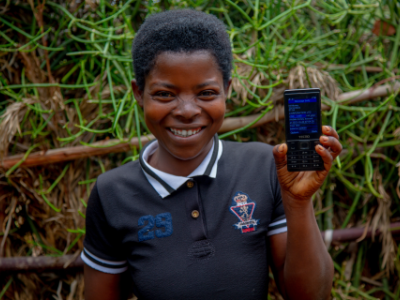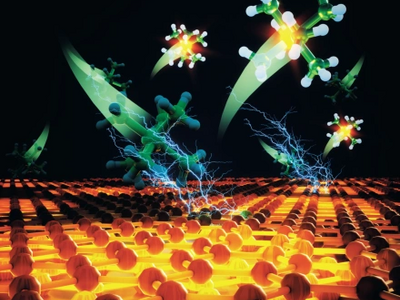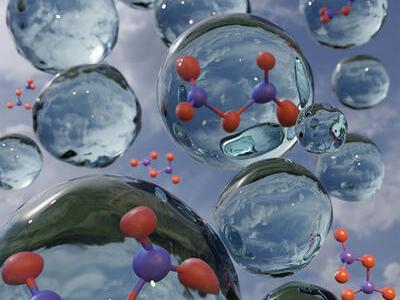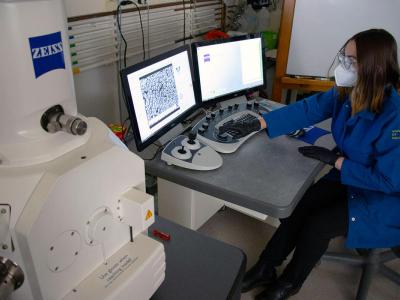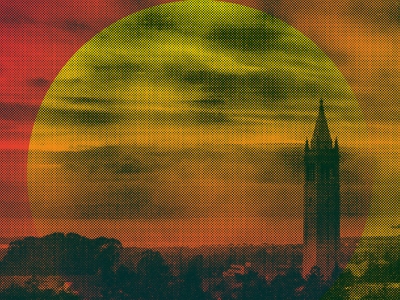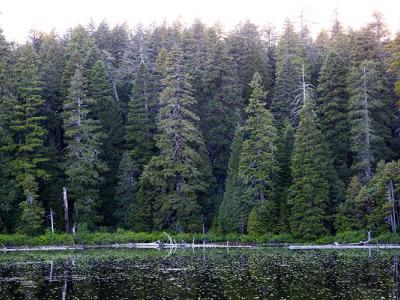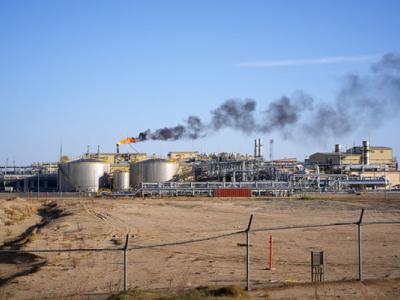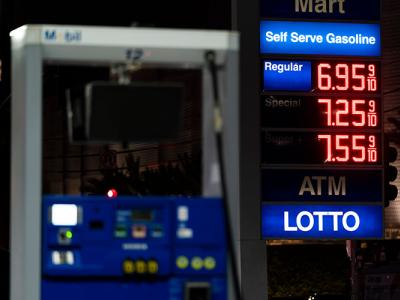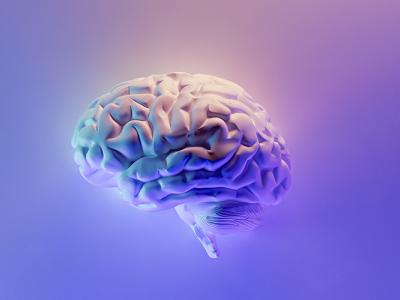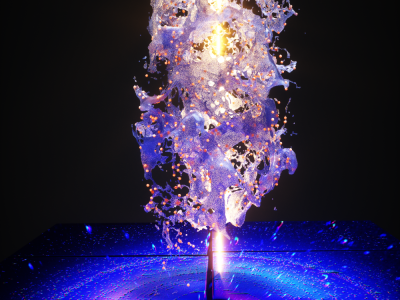Quantum materials, such as superconductors, graphene and topological insulators, are materials with "exotic properties" and great promise. A panel of experimentalists describes how these materials will enable many important technologies of the future, from energy to quantum computing.
Research News
Learn more about UC Berkeley's researchers and innovators.
Showing 833 - 848 of 3512 Results
Significant advances in artificial intelligence (AI) over the past decade have relied upon extensive training of algorithms using massive, open-source databases. But when such datasets are used “off label” and applied in unintended ways, the results are subject to machine learning bias that compromises the integrity of the AI algorithm, according to a new study by researchers at the University of California, Berkeley, and the University of Texas at Austin.
The lab has an unparalleled record, going back more than 75 years, of daily or even hourly temperature, snowfall and snowpack measurements. While there are several hundred automated snow and precipitation stations throughout the Sierra Nevada, only CSSL has a snow scientist on site to cross-check measurements — there are four different instruments in Schwartz’s backyard that measure precipitation — and provide a measure of the water content in the snow every two to three days.
Researchers at the University of California, Berkeley, have found that a drug once widely used to wean alcoholics off of drinking helps to improve sight in mice with retinal degeneration, which may revive sight in humans with the inherited disease retinitis pigmentosa (RP), and perhaps in other vision disorders, including age-related macular degeneration.
The discovery highlight the region’s “cryptic diversity” while simultaneously underscoring the importance of conservation in a global hotspot for biodiversity.
Our latest research paper, California’s Homekey Program: Unlocking Housing Opportunities for People Experiencing Homelessness, focuses on the lessons learned from Homekey, one of the most significant programs through which the state has stepped up its investments in addressing homelessness.
UC Berkeley-led researchers used mobile phone data and machine learning to quickly and accurately direct the Togolese government’s COVID-19 cash assistance to its poorest residents in a first-of-its-kind study published March 16 in Nature.
In a study recently published in Nature Chemistry(link is external), a team led by Kwabena Bediako, Assistant Professor of Chemistry at UC Berkeley, in collaboration with Carnegie Mellon University professor and theorist Venkat Viswanathan(link is external), has demonstrated that stacking two single layers of graphene with a slight rotation – a so-called twist – between the lattices can modulate the rate of an electrochemical reaction on the graphene surface.
A new study with implications for atmospheric chemistry has answered some long-enduring questions about the chemical reactivity of an air pollutant molecule with aerosol, revealing the vital role played by the interface between water and gas. The results carry impacts for environmental and climate science, as well as human health.
The College of Chemistry has received a new state-of-the-art EVO LS 15 scanning electron microscope (SEM) provided by ZEISS in support of the instructional physical chemistry labs.
Despite the grim findings of the latest U.N. Climate Report, UC Berkeley associate adjunct professor and report lead author Patrick Gonzalez expresses a “science-based optimism” about humanity’s ability to cut carbon emissions and limit the worst projected impacts of climate change.
A new study published online today in the journal Proceedings of the National Academy of Sciences combines scientific data with Indigenous oral histories and ecological knowledge to show how the cultural burning practices of the Native people of the Klamath Mountains — the Karuk and the Yurok tribes — helped shape the region’s forests for at least a millennia prior to European colonization.
Since Putin’s invasion of Ukraine just over two weeks ago, payments to Russia for fossil fuels have already exceeded 9 billion euros ($10 billion) from European Union member states alone, according to the Europe Beyond Coal’s tracker. And while the war in Ukraine came as shocking news to many, the involvement of the fossil fuel industry in a global disaster is no longer unfamiliar.
The cameras are focused on the savage Russian bombardment of Ukraine and the resistance of Ukrainians and Russian protesters, but largely off-camera, the war is unfolding as a rapidly escalating economic conflict that has sent shock waves around the world.
In episode 136 of Berkeley Talks, UC Berkeley psychology professor Jack Gallant discusses functional brain mapping for understanding health, aging and disease.
Supported by high-performance computing resources at the National Energy Research Scientific Computing Center (NERSC), scientists at Lawrence Berkeley National Laboratory (Berkeley Lab) have debuted a new form of X-ray crystallography that gets around some of these limits, broadening the range of materials and processes that can be investigated using crystallography.

